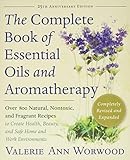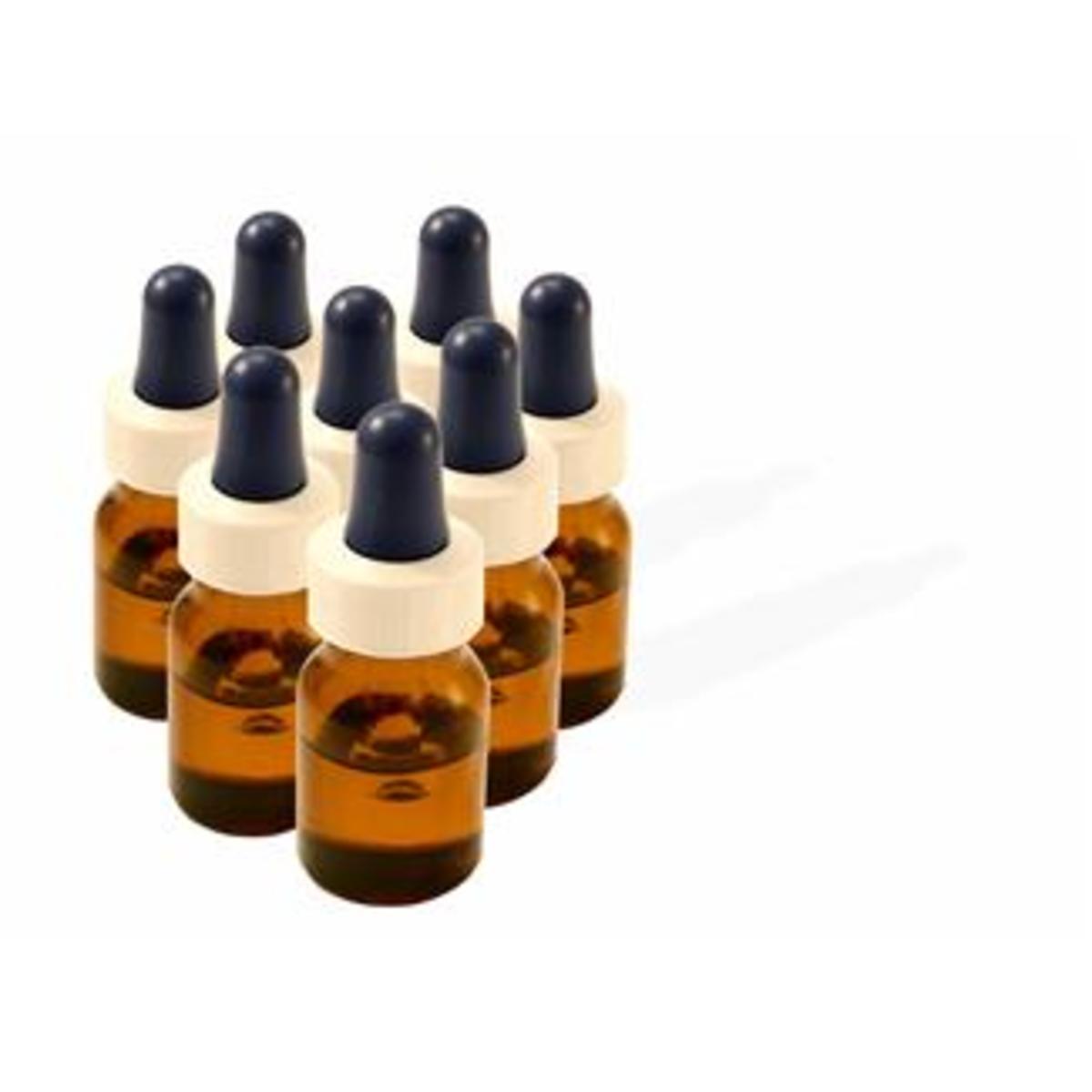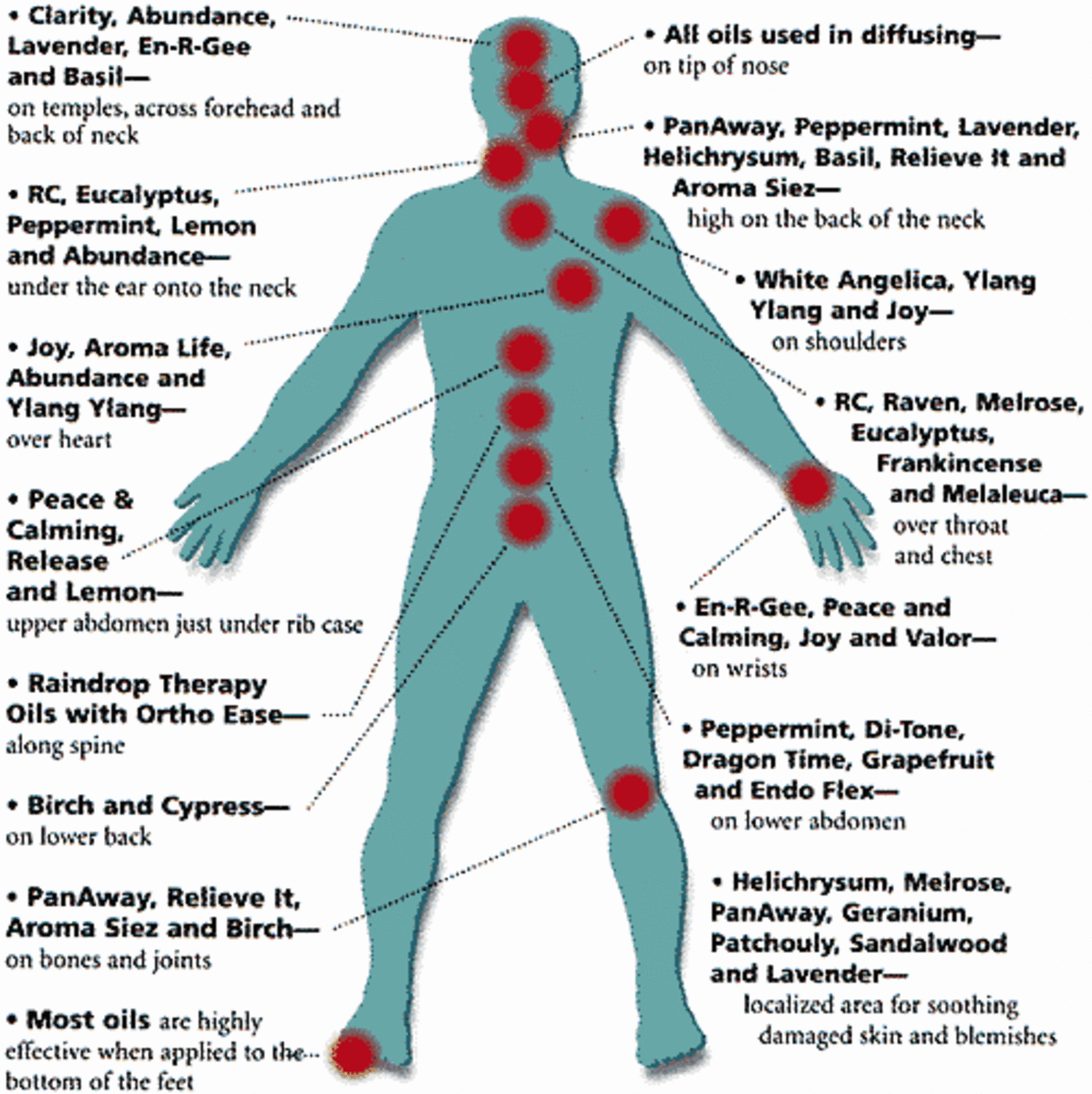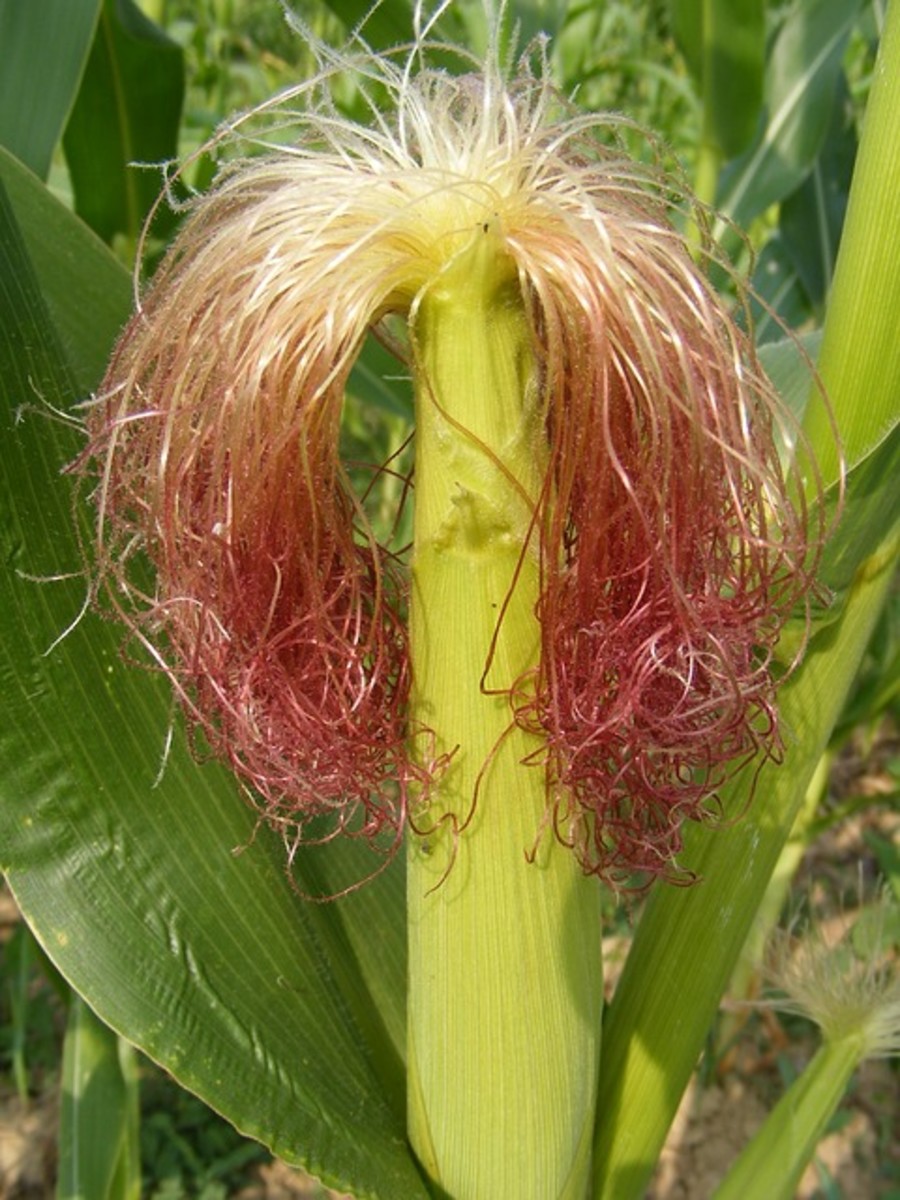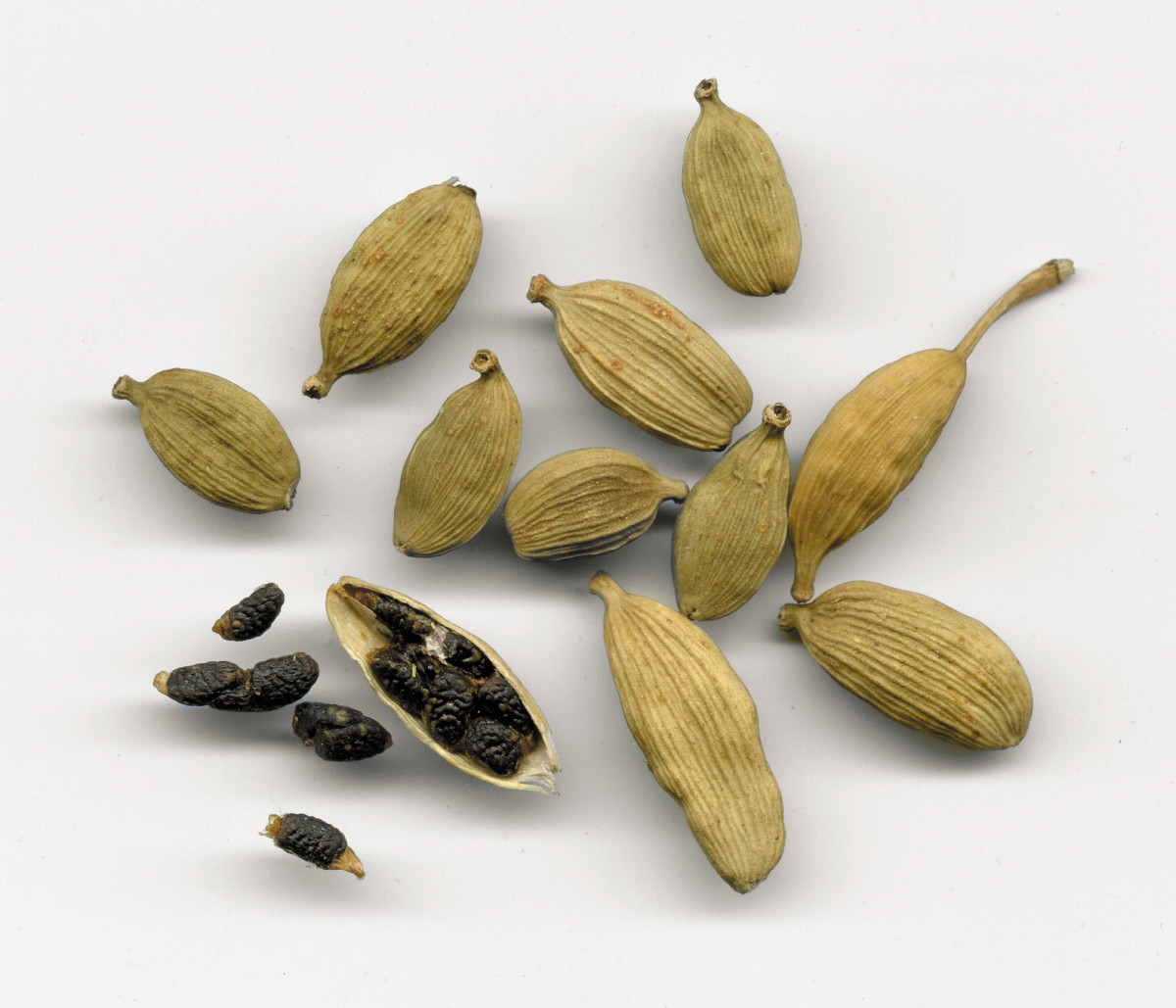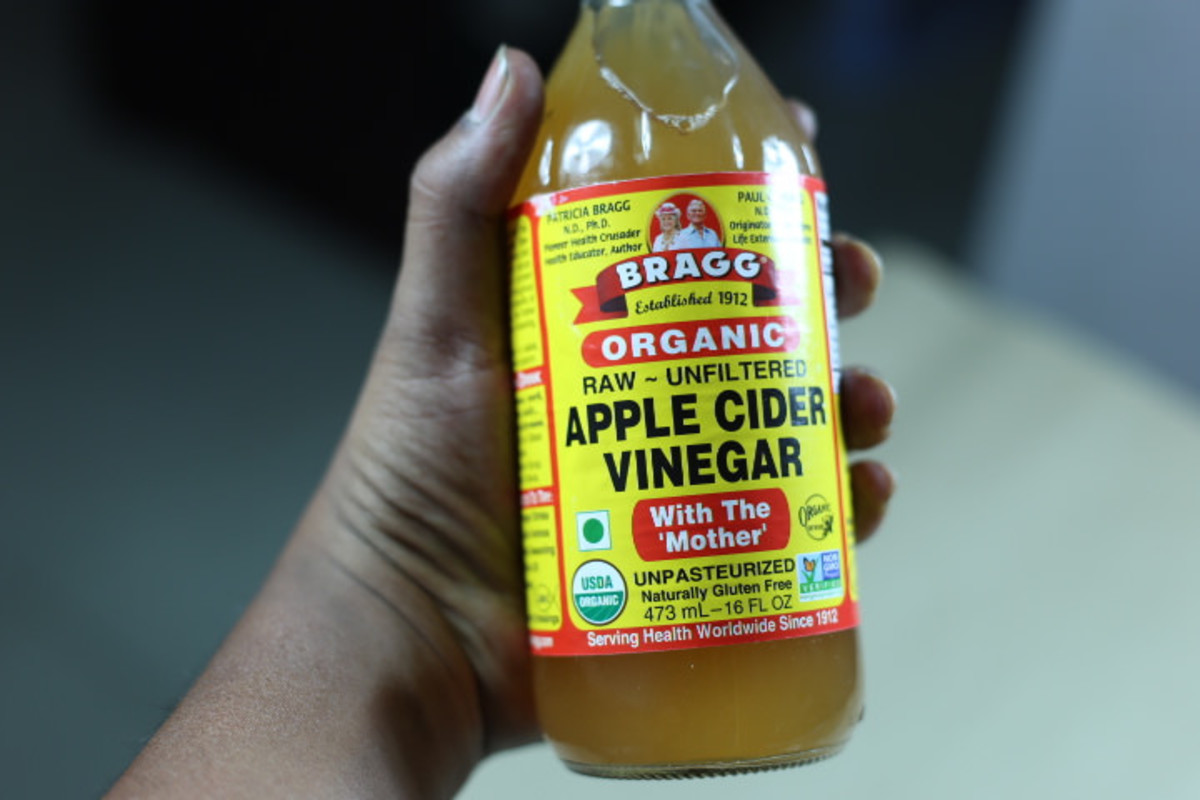Analyzing and Testing Quality of Essential Oils
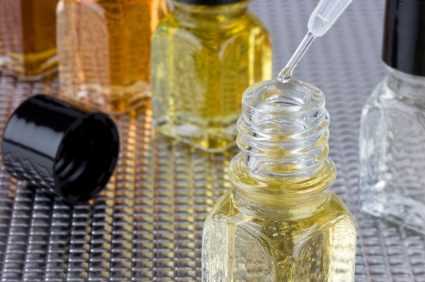
Essential oils and aromatherapy
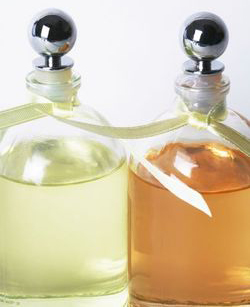
Essential Oil Quality
It is not enough that you invest time researching on the type of essential oil that you must use during aromatherapy application. You must also consider the quality of the oil that you are using to ensure that it works effectively. With a growing demand for essential oils in the market today, there are also a lot of manufacturers that produce fake or adulterated essential oils to take advantage of that demand. Therefore, you need to be more cautious when buying them off the retail shelves. Meanwhile, you can do your own part in analyzing and testing quality of essential oils to ensure quality.
Why is Essential Oil Quality Important?
Quality of the essential oil is the most important factor in getting the most out of using aromatherapy to cure ailments and other health conditions. To fully understand the impact of quality when using essential oils, you must first understand how essential oils are extracted and what they consist of. Volatile oils produced from botanical sources are made up of natural chemical constituents and are highly sensitive to external contaminants that might deplete its quality level.
Depending on the type of essential oil that you are using, some could improve on their quality as they age, while others are good only for a certain period of time. You must therefore equip yourself with this knowledge in order to be aware of how to handle these oils and what you can do to maximize its quality and shelf life. If any external contaminants make it to the oil, it could potentially create a chemical reaction that is harmful on humans when applied on aromatherapy. To avoid such complications from happening, it is therefore important to invest on high quality oils when shopping to ensure that you suffer from no side effects.
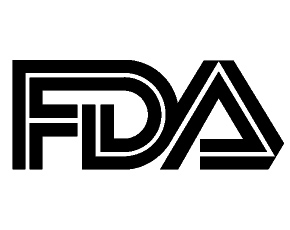
Natural Essential Oils, Aromatherapy Oils
How Are Essential Oils Regulated?
To protect consumers against manufacturers that produce and sell adulterated essential oils, which are lower in quality as compared to authentic ones, the government has appointed various agencies that will serve the main purpose of regulating essential oils released in the market. Especially since most essential oils are nowadays marketed as therapeutic products, it is important to give the consumer assurance of the product's ability to produce health benefits without endangering the lives and health of the consumers.
In the United States, the FDA has assigned various agencies under its branch to specifically look into this matter. All essential oil products that are released in the market are monitored for proper regulation and maintenance of product standards. These products undergo stringent screening process to authenticate the oil and ensure it meets the therapeutic quality standard. This is also where certain oils are categorized to ensure that oils produced for cosmetic reasons will not be sold as medicinal products.
For consumers outside the United States, you can also rely on such agencies as the Association Francaise de Normalisation and the International Organization for Standardization to ensure that aromatherapy products are tested, analyzed, properly labeled, and advertised. Thus, consumers are not misled about a certain product and how it is used.

Factors Impacting Oil Quality
If you want to maximize your use of essential oils, you must learn about which factors can result in the depletion of its quality. Even the tiniest form of intervention could largely impact and reduce the oil's ability to produce therapeutic results. Below are some of the factors you need to keep in mind if you want to enjoy using high quality oils:
*There are two important elements that you need to look into when it comes to growing the botanical source that you will use for extracting the essential oil. First, it has the be of the right plant variety since the quality of the essential oil belonging to the same specie but of different variety is totally different. Second, it must be grown using organic farming methods to avoid the possibility of chemical contaminants with exposure to various chemicals such as fertilizers, pesticides, and herbicides.
*The extraction process is another crucial component to consider as the natural chemical constituents of the plant source might be destroyed in the process. Therefore, you need to minimize the amount of heat you use during the extraction process.
*Once you have produced the essential oil you need to use for aromatherapy, you must take note of proper handling and storage of the essential oil to ensure that neither of these promote in the degradation of the oil quality.
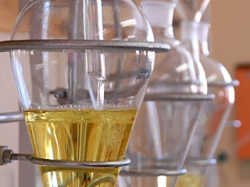
Aroma MD: Quality of our Essential Oils
Testing Procedures for Essential Oils
Currently, there are two known methods for testing and analyzing essential oil quality. Not only does it indicate the level of oil quality, but it could also potentially detect the presence of adulterants that makes it dangerous when used in aromatherapy. These methods are Gas Chromatography/Mass Spectroscopy and High Performance Liquid Chromatography.
To learn more about how these methods are used for determining essential oil quality, each method is discussed briefly below.
GC/MS or Gas Chromatography/Mass Spectroscopy
This is the most common technique used for analyzing essential oils for its quality. There are two components used for the process of quality testing, the analytical and detection components.
A sample of the essential oil undergoes the gas chromatography to evaluate its properties. That tiny sample is turned into vapor once heat is introduced and then transferred into a column wherein it is furthermore divided into the separate chemical constituents that make up the essential oil. From there, it undergoes analysis to detect the presence of adulterants or any form of impurities.
HPLC or High Performance Liquid Chromatography
Aside from GC/MS, you can also use High Performance Liquid Chromatography to evaluate the essential oil and identify the presence of adulterants. The essential oil is separated into various fractions wherein each fraction undergoes analysis. One major difference with HLPC over GC/MS is the use of liquid solvent in introducing the sample used off the essential oil. Then, the sample is placed in various columns until the oil sample goes back to its solid phase. Each component identified to be found in the oil are separately evaluated and analyzed further.
More Information on Essential Oil
- Taruna Oils
Taruna Oils offers therapeutic grade aromatherapy and essential oils for mind, body and spirit. These oils are life enhancing gifts from nature


